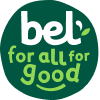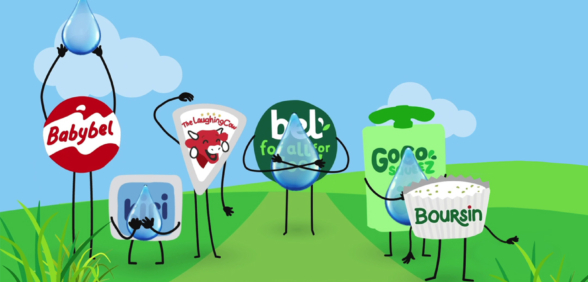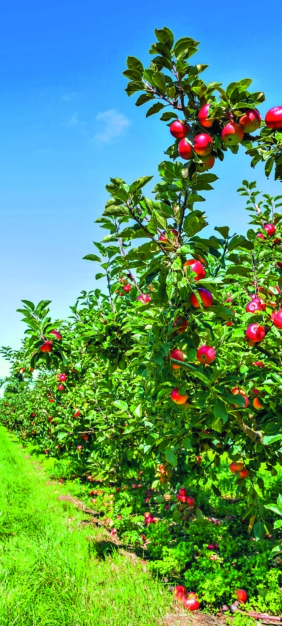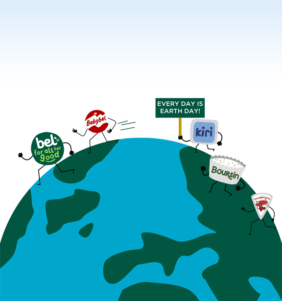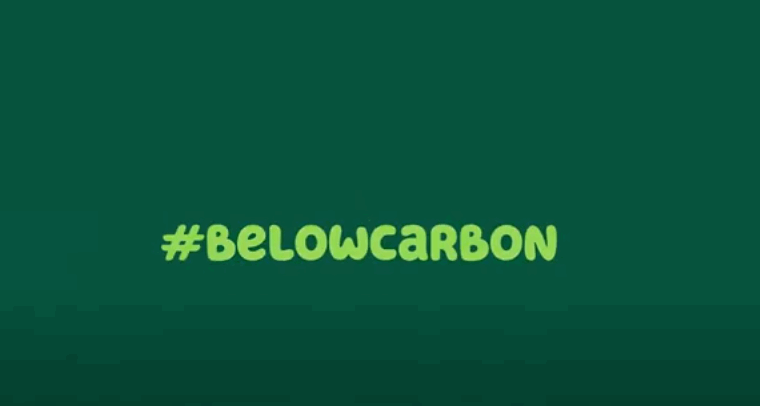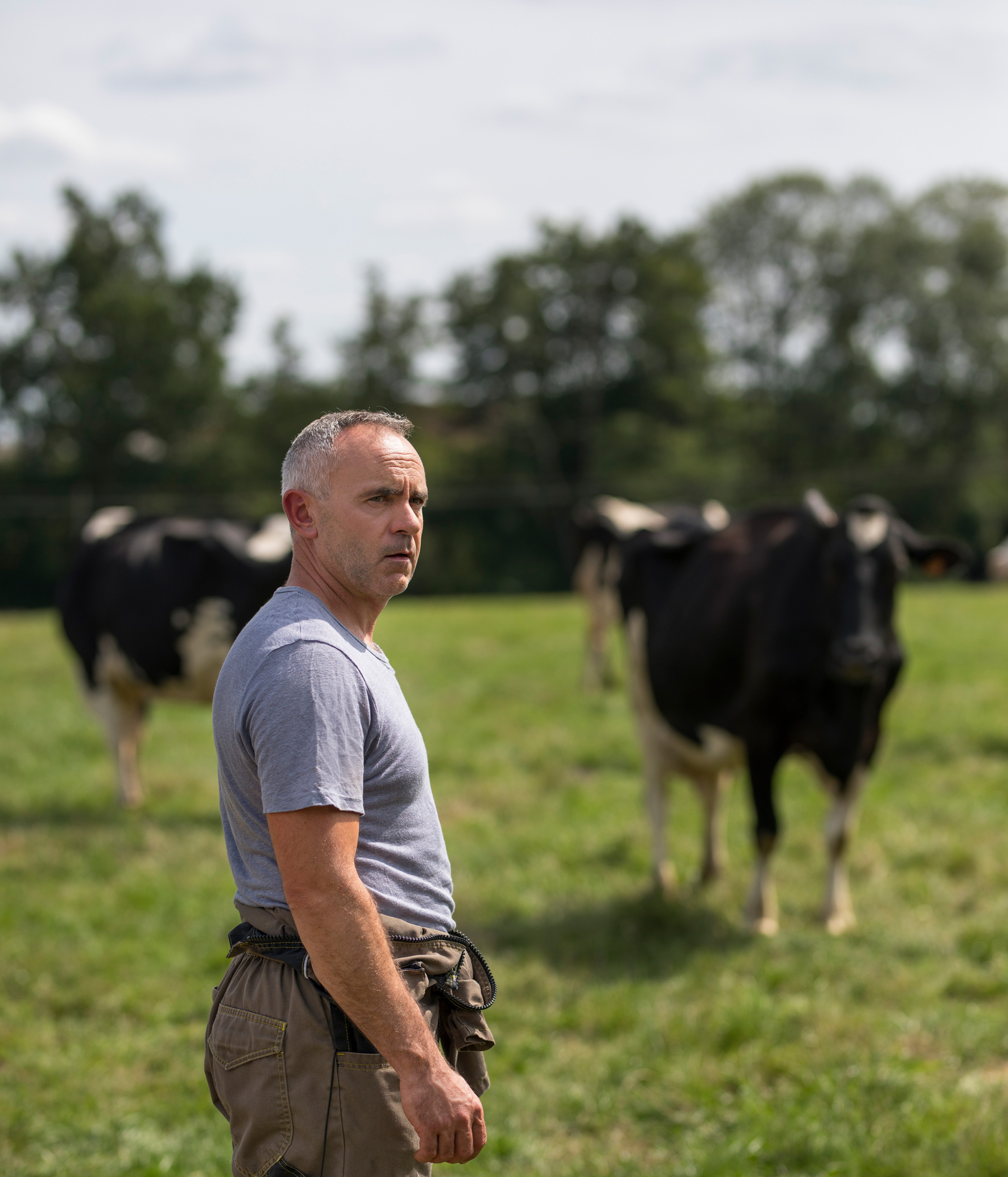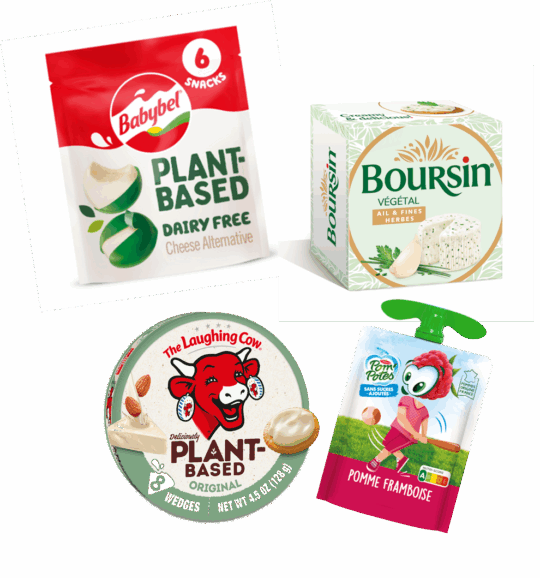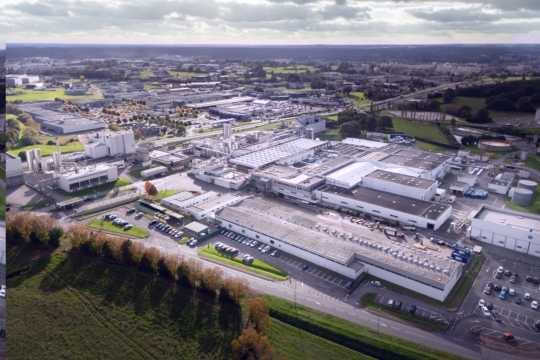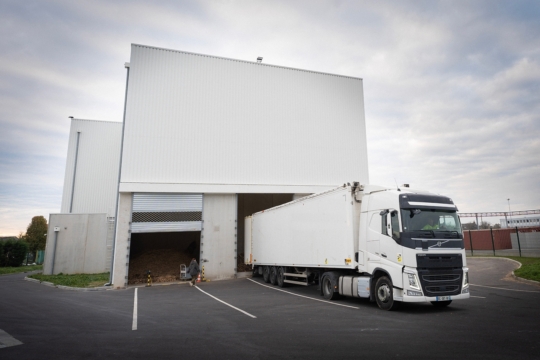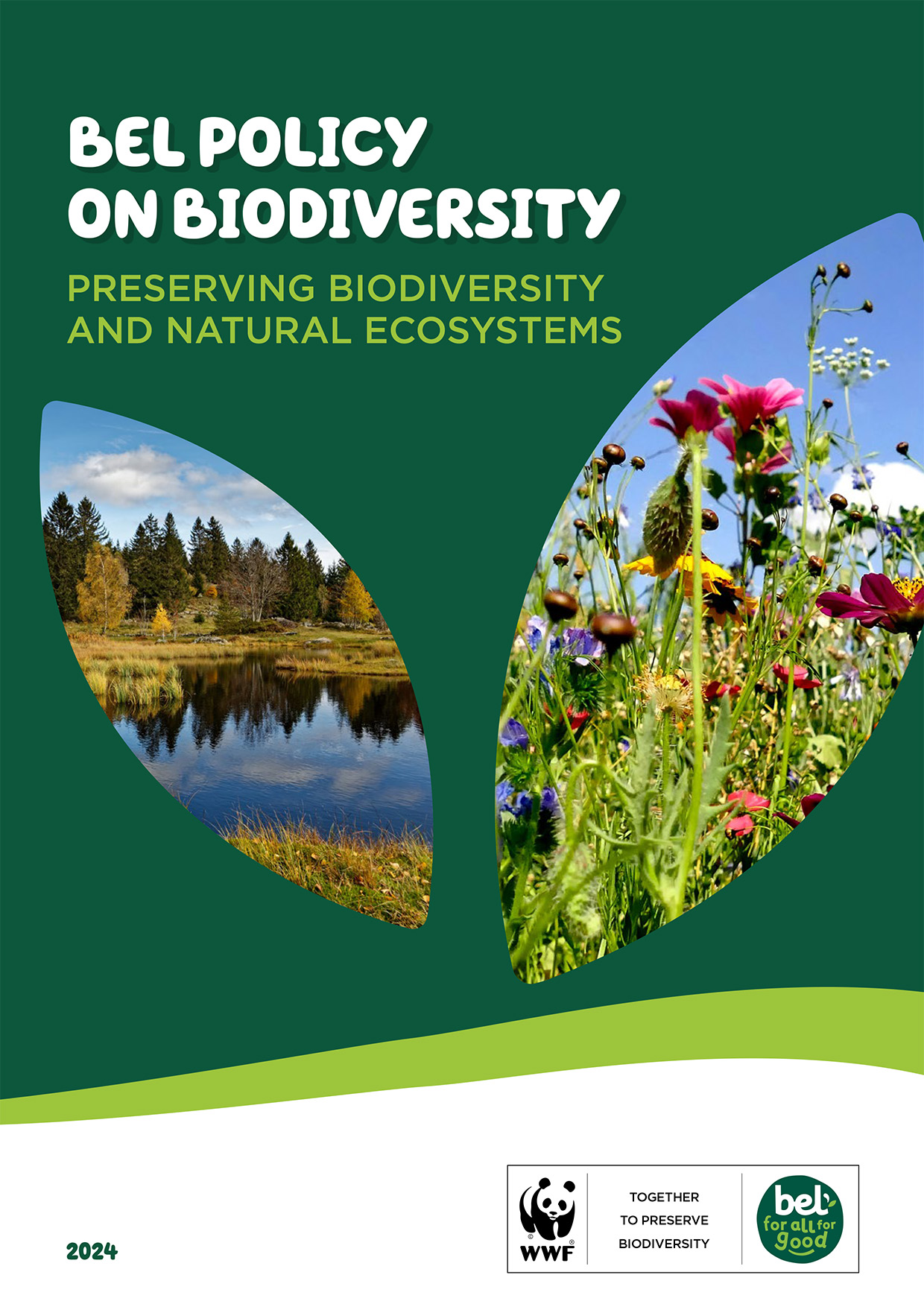Our commitments
CLIMATE, WATER, BIODIVERSITY
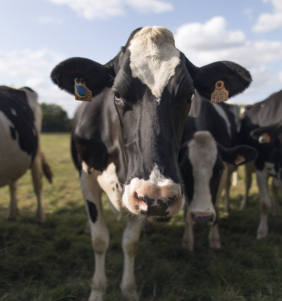
GHG emissions across the Group’s entire value chain, in absolute terms, between 2017 and 2035.
Water withdrawals. A reduction across all our factories between 2017 and 2035.
deforestation by 2025. The Group is committed to eliminating risks of contributing to deforestation and ecosystem conversion linked to three key raw materials: soy and palm kernel meal, palm oil, and paper and cardboard.
THE GREAT CHALLENGE OF CLIMATE CHANGE
By committing to reduce our net greenhouse gas (GHG) emissions by 25% across our entire value chain between 2017 and 2035 (a target validated by the Science-Based Targets initiative, we aim to contribute at our scale to limiting global warming to below +1.5°C and support the goals of the Paris Agreement.
As a member of the Race To Zero initiative, Bel is targeting carbon neutrality for our plants by 2025 and across our entire value chain by 2050. To get there, we've launched an ambitious action plan: measuring and driving our carbon performance; avoiding, reducing, and sequestering emissions; and acting on our sites and with our partners, all along the product lifecycle.
OUR PATH TO FIGHTING CLIMATE CHANGE
Le Groupe Bel renforce son objectif de réduction des émissions de carboneTAKING ACTION WITH OUR PARTNER FARMERS
We work hand-in-hand with our dairy farmers to pioneer more sustainable agriculture, guided by our Upstream Dairy Charter, co-created with WWF France. This charter is built on three pillars: our partner producers, animal welfare, and regenerative agriculture.
Each implemented action helps advance our dairy supply chain decarbonization pathway, aiming to cut greenhouse gas emissions by 50% by 2035 compared to 2017 (measured in kg CO2 eq per kg of standardized milk). This translates into specific commitments and initiatives, including:
- 100% of milk and apples from farms transitioning to regenerative agriculture by 2030.
- Voluntary rollout of Bovaer® feed supplement in Slovakia and France to reduce enteric methane emissions from cows.
MINIMIZING THE IMPACT OF OUR PACKAGING
We work to reduce the environmental impact of our packaging through an eco-design approach throughout the product lifecycle, while also eliminating unnecessary packaging that does not contribute to product preservation.
- Refuse unnecessary elements and waste;
- Reduce material use and food loss;
- Reuse as much as possible and redirect losses to people or animals;
- Restore resources by using recycled or renewable materials;
- Recycle packaging.
GROUP BIODIVERSITY POLICY
PRESERVING BIODIVERSITY AND NATURAL ECOSYSTEMS
We recognize that each of our activities impacts biodiversity—and that we are deeply dependent on it. Our Group’s products are diverse (based on milk, fruits, and other plant-based ingredients), and our operations span a wide range of regions where protecting natural wealth is essential.
